What is Dill Herb & Is It Any Good
Dill is more than pickles, although it does elevate those briny veggies to heavenly heights! Actually, dill is really versatile. Those thin, pine needle-like leaves are incredibly aromatic, making dill many chefs’ secret ingredient.
You can cook with dill too, and trust us, it will change the way you see cooking herbs. Dill is simply in its own category.
Today we’re covering all there is about this special herb. What is dill herb? How to cook with it? And is it good for you? Get ready to become a dill fan, because this apparently delicate herb packs a punch.
What is Dill?
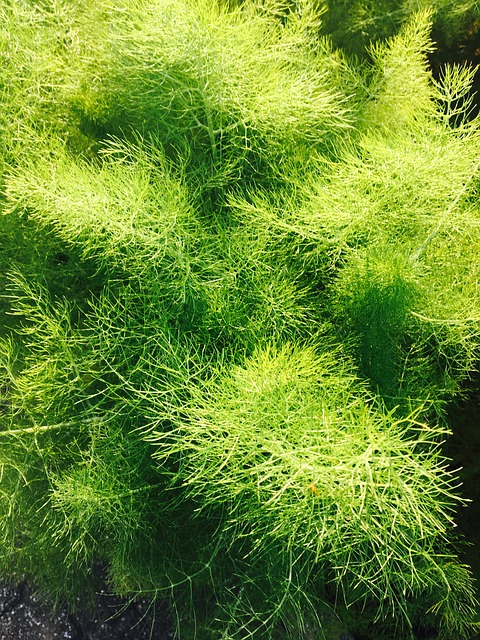
Dill is an annual herb, and its name comes from the Norwegian word ‘dillia’, meaning soothing. Dill grows both in Europe and Asia, and today Turkey and India dominate the export market big time. The US buys the most dill, followed by basically all European countries — everyone loves the stuff! It comes without saying dill has a large fan base.
February and March are dill’s harvest season; it’s one of the first herbs to sprout after a cold winter. Easy to confuse with fennel, you’ll know you ‘ve found real dill for its thin leaves that can grow up to 60cm and its white yellowish flowers.
Dill is a fantastic ingredient in the kitchen, but as you’ll soon find out, it’s also quite nutritious and healthy. Despite not being so popular, it seems dill can do it all.
How to Cook With Dill
Dill has a distinctive flavor reminiscent of lemons, fresh cut grass and fluttering anise scents that give a comforting warmth. This makes dill a nice complementary flavor to lots of foods. It plays supporting roles very well, but too much of it can actually be overpowering.
You’ll find both fresh and dried dill in the market. They’re both nicely aromatic, but dried dill is a bit milder. Dill seeds are also flavorful and act like a spice, they’re similar to caraway seeds.
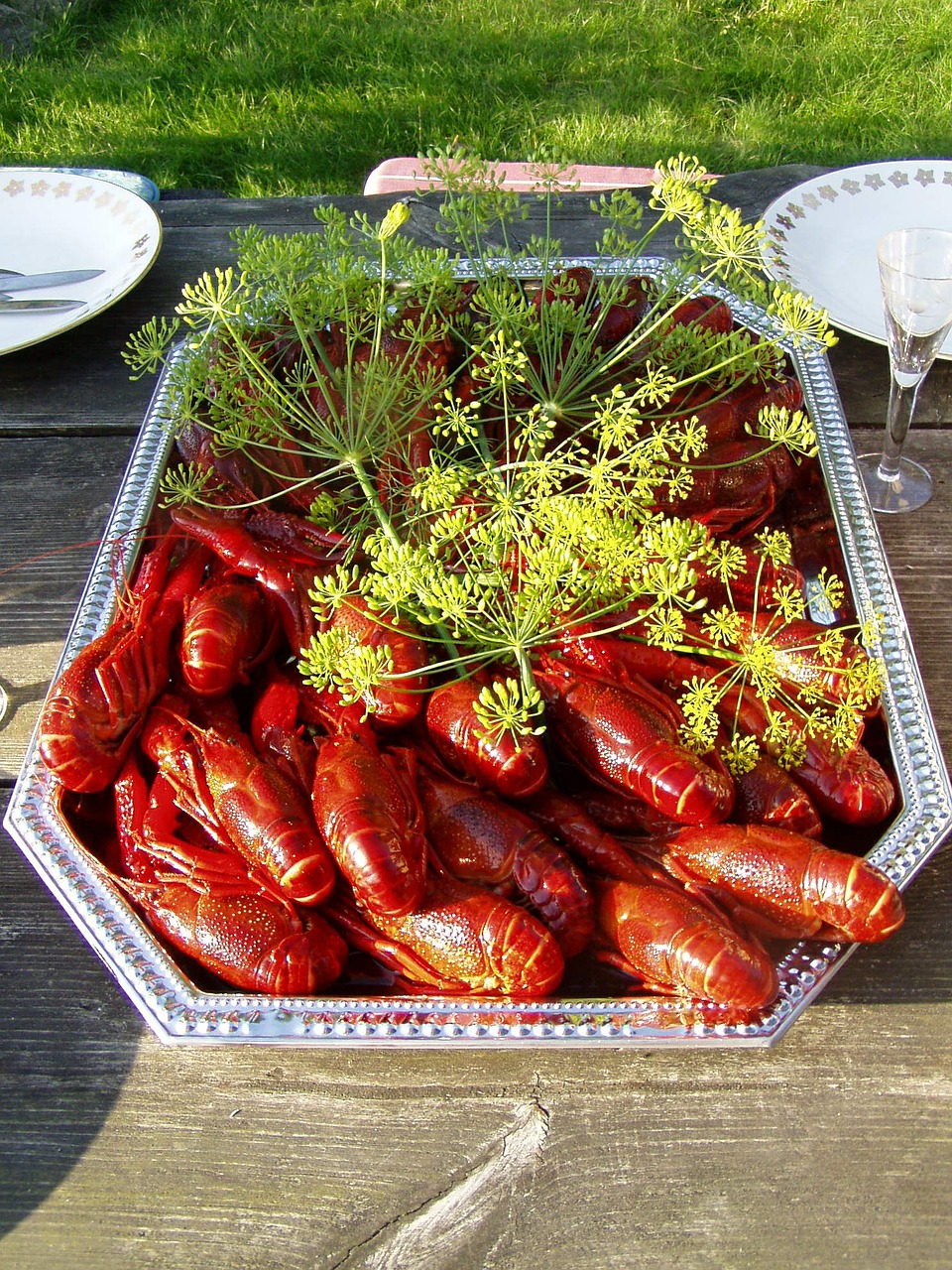
There’s a trick for using dill in your food. It loses flavor if cooked for too long, so you want to add it to your dishes as a finishing herb, just before plating. It’s a gorgeous garnish too.
Borscht, potato salads, lemon-dill flavored seafood, and even pesto tastes way better with a pinch of dill leaves. You already know dill is also the quintessential herb for pickled cucumbers and other briny preserves — it has no competition in that department.
Dill Nutritional Value
Dill is a superbly nutritious herb. One hundred grams add one of the highest levels of vitamin A in any herb with 154% of your daily needed intake. Adequate amounts of vitamin B (Folate) and vitamin B2 (Riboflavin) are also well-received.
As for essential minerals, dill adds to your daily needs calcium (21%), iron (51%), and manganese (62%).
Too bad you only need small amounts of this herb to add flavor to your food, because dill is an authentic super food. Try adding more herbs to your diet. One spoonful at a time, your body will get nourished and well taken care for.
Dill Health Benefits
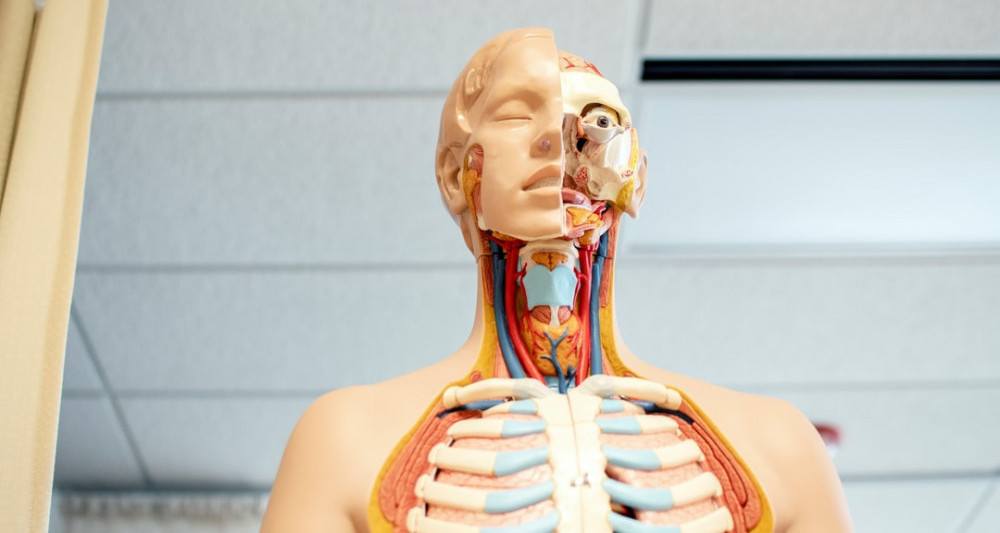
You know herbs are traditional medicine’s cornerstone since the beginning of times, and now modern medicine is looking into nature for answers as well. Dill is no exception. Here are some of its most exciting health benefits.
Flavonoids, terpenoids and tannins in dill are super antioxidants that can keep you safe from free radicals that can damage your body at a cellular level and cause premature aging.
Dill might protect your heart thanks to its antioxidant and anti-inflammatory properties, and some studies suggest it might lower cholesterol and triglyceride markers.
There’s good evidence supporting bio-active compounds in dill can reduce blood sugar levels, preventing insulin resistance, and type 2 diabetes.
An aromatic compound in dill called d-limonene might prevent the development of lung, colon and breast cancer. More studies are needed but results so far are promising.
Some women affirm consuming dill reduces their menstrual cramps and relieve discomforts associated with female hormone functions.
Let’s Seal the ‘Dill’
We told you dill was more than a herb to aromatize pickles, it has infinite uses at the table, and it’s a healthy herb to add to your diet as well.
With those sweet, herbal aromas, it wouldn’t surprise us to see dill climbing up the cooking herb’s popularity charts soon.
Cook with dill, and share this information with your cooking buddies, let’s see if we can make dill great again. That’s a ‘dill’ no one can refuse.
Highly Rated – Social Media Chatter on Dill Herb
I think this might be the best soup I’ve made all year. it’s a very simple soup — just a base of onion, carrot & celery, sweated until sweet and tender along with some thinly shaved red cabbage and grated red beetroot, deglazed with red wine, then simmered briefly with thyme + bay before being finished with a bit of tomato paste for depth and a splash of vinegar for lift — but it’s a very good one. beautiful, too. I might be biased, though. I really love beets.
Dill is Iceland’s most famous restaurant – it was first opened in 2009 by chef gkgislason, and it received a Michelin star in 2017. dillrestaurant’s inspiration is to highlight Icelandic food culture and bring it into the spotlight, to preserve time-old traditions that otherwise might disappear. Come with an open mind: you’ll try some dried and fermented foods you might not have tasted before, such as dung-smoked trout (an ingredient that sounds intimidating but actually is quite tasty). Sustainability is a big focus of the restaurant, so the chefs try to use every part of the animal when possible. Of course, Dill is a must-visit when in Reykjavík, but if you’re based in Copenhagen (or visit the city this August), you can actually experience a taste of Dill in tivolicph. Read more about this event and everything that happens in the city’s food scene (openings, pop-ups, etc) in our monthly food news post on the blog! Link in bio.
Patpiska bosamiz vedio yoqqan bulsa navruz.vines
#holat
.
.
.
.
navruz.vines
Layk patpiska 👉navruz.vines
✅✅✅✅✅✅✅✅✅⬅️💟💟💟💟💟💟💟💟💟💟💟💟💟💟💟💟💟💟.
.
#top
.
.
.
l
#holat
#zapallar #tashkent🇺🇿 #tiktokvidio #tashkent #uzbekiston🇺🇿 #dill #tiktokvidio #trend #tezkor #telegram_yulduzlari #samarqand #navoiy #uznex #uzbekistan_inst #uzbekstars🇺🇿 #yangivideo #tashken #london #tentakcham #trend #turkey #fargona #uzb #buxoro #siqilishtime🥺#siqilish_time
Sources:
- https://www.healthline.com/nutrition/dill
- https://www.thespruceeats.com/all-about-dill-4117140
- https://www.masterclass.com/articles/learn-how-to-cook-with-dill-plus-11-dill-recipes
- https://en.wikipedia.org/wiki/Dill
- https://www.tridge.com/products/dill/export

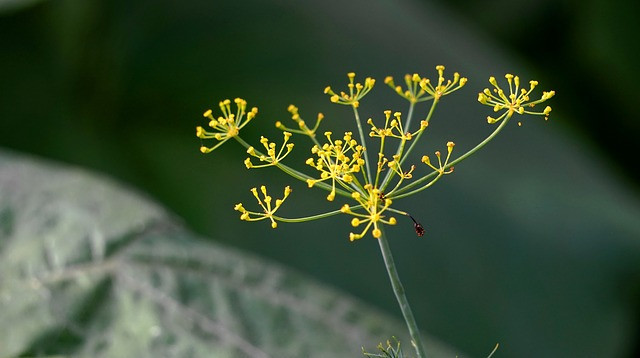

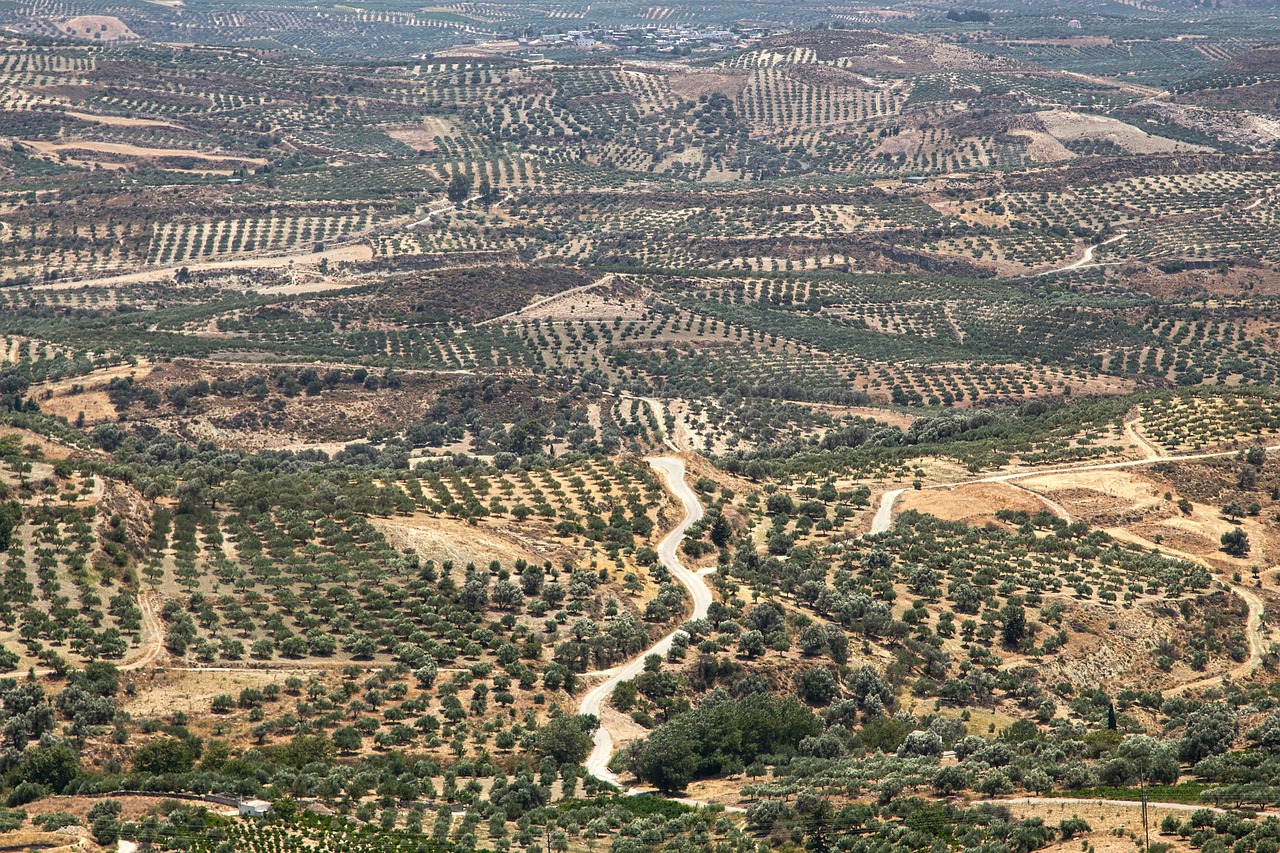
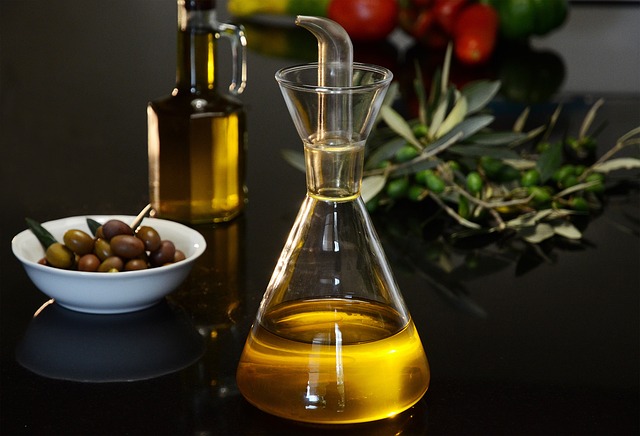
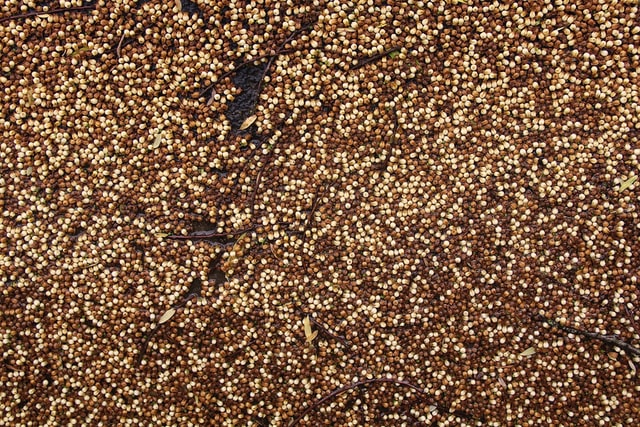
I love dill both fresh and dry. I love putting dill in my my cucumber or beet salad. There is this Thai northeastern soup thatI put dill in it and it makes the soup so yummy! Oh wow did not know that dill has a lot of vitamins and minerals in it. I gotta eat more of it. I read somewhere that all of us need to take in more manganese for our bodies to function properly. Thanks for sharing the information about dill!
Thank you much